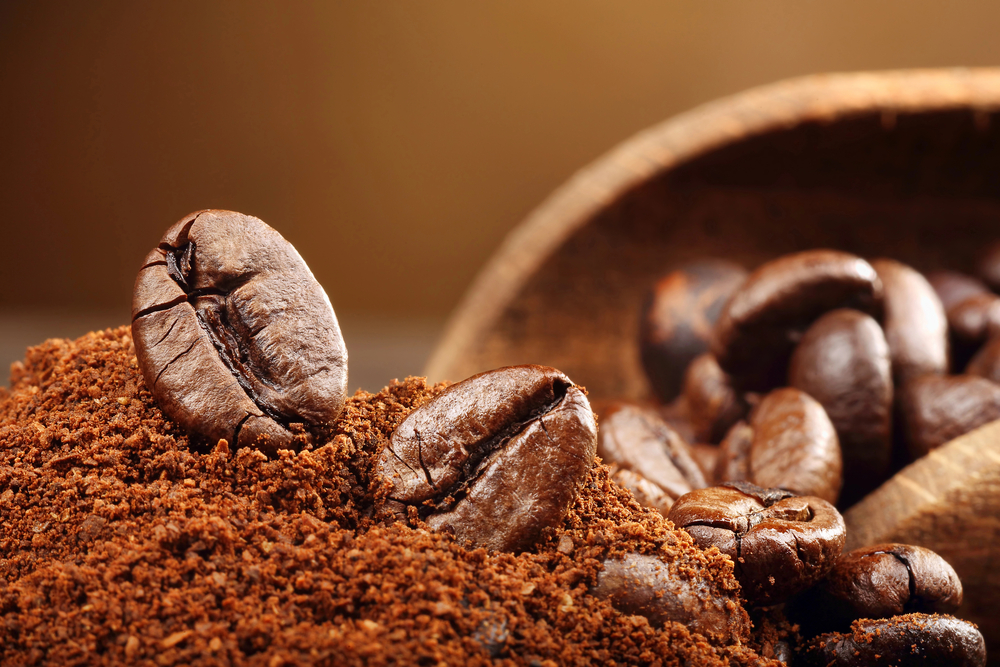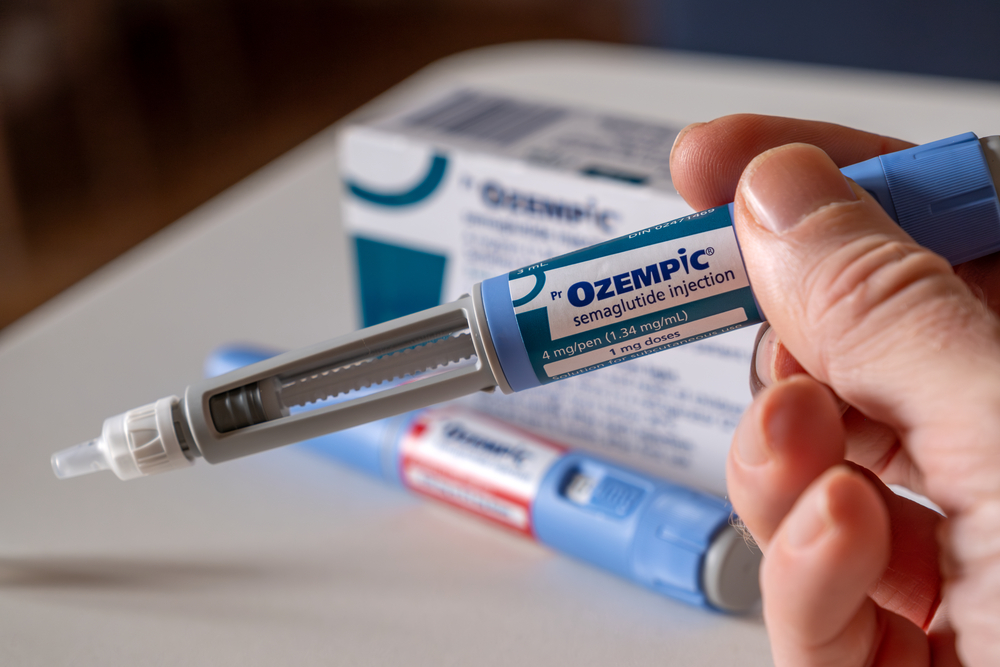All things in moderation—ignore this, and things can get strange with your health. Here are 15 crazy reactions from having too much of a good thing.
Beta Carotene
Beta carotene is beneficial for eye health, but overdoing it with carrots or supplements can turn your skin orange. This condition, while temporary, is a stark visual reminder of the body’s limits in processing certain nutrients.
Soy Milk
Excessive consumption of soy products can lead to hormonal imbalances, including causing men to lactate. While soy has its place in a balanced diet, its overconsumption can blur the lines between natural food and hormonal disasters.
Iron
Iron, a crucial element for blood production, becomes a double-edged sword when consumed in excess. Overdosing on iron supplements can lead to hemochromatosis, a condition where iron accumulates in the body, causing liver damage, heart problems, and diabetes.
Fiber
Fiber is essential for a healthy digestive system, but overindulging can lead to the opposite of its intended effect. Consuming excessive amounts can create a blockage in your intestines, causing discomfort, bloating, and constipation. It’s a classic example of too much of a good thing turning bad.
Wintergreen Essential Oil
Wintergreen essential oil, popular for easing pain, has methyl salicylate, similar to aspirin. However, it’s easy to accidentally use too much, risking salicylate toxicity. So be careful when combining the so-called ‘natural remedies’ with pharmaceuticals.
Artificial Sweeteners
Artificial sweeteners, hailed as a calorie-free salvation for many, harbor their own hidden hazards when consumed without restraint. Excessive intake can disrupt the gut microbiome, lead to sugar cravings, and in some cases, affect insulin sensitivity.
Melatonin
Melatonin is often the first choice for those sleepless nights, but overdoing it can actually bring on the insomnia you’re trying to fight. What’s more, taking too much can trigger headaches, dizziness, and even more nightmares.
Nitrates
Excessive intake of nitrates, found in beef jerky and other processed meats, can exacerbate symptoms of mania in individuals with mental health conditions. This link between diet and mental health is both surprising and concerning.
Colloidal Silver
Colloidal silver, once touted as a miracle cure, can permanently dye your skin blue if overused. This condition, called argyria, might make for a good party trick but serves as a stern reminder of the dangers of believing in ‘remedies’ without scientific backing.
Vitamin C
While it’s relatively rare to overdose on vitamin C due to its water-soluble nature, meaning excess amounts are usually excreted by the body, it’s still possible. Exceeding the recommended daily intake significantly can elevate the risk of developing kidney stones, particularly in men.
Caffeine
We all love a good caffeine kick, but in large doses, it can cause auditory hallucinations and even psychosis. So, maybe think twice about going heavy on the coffee during those hard-to-handle days.
Loperamide
Loperamide, an anti-diarrheal medication, can mimic the effects of opioids in high doses, leading to misuse and serious cardiovascular issues. Another example of the often-overlooked potential for abuse and serious side effects lurking in everyday medications.
Vitamin D
Vitamin D, the sunshine vitamin, plays a key role in maintaining bone health and bolstering the immune system. Yet, an excess of this vital nutrient can lead to hypercalcemia – a condition that can cause the formation of kidney stones, trigger bone pain, and adversely affect both heart and brain function.
Water
It might seem impossible, but drinking too much water too quickly can lead to water intoxication, disrupting the body’s salt balance and potentially leading to life-threatening conditions.
Salt
While a little salt is necessary for bodily functions, consuming it in excess can have detrimental effects on health. High salt intake is closely linked to an increased risk of hypertension (high blood pressure), which is a major risk factor for stroke and other cardiovascular diseases.






